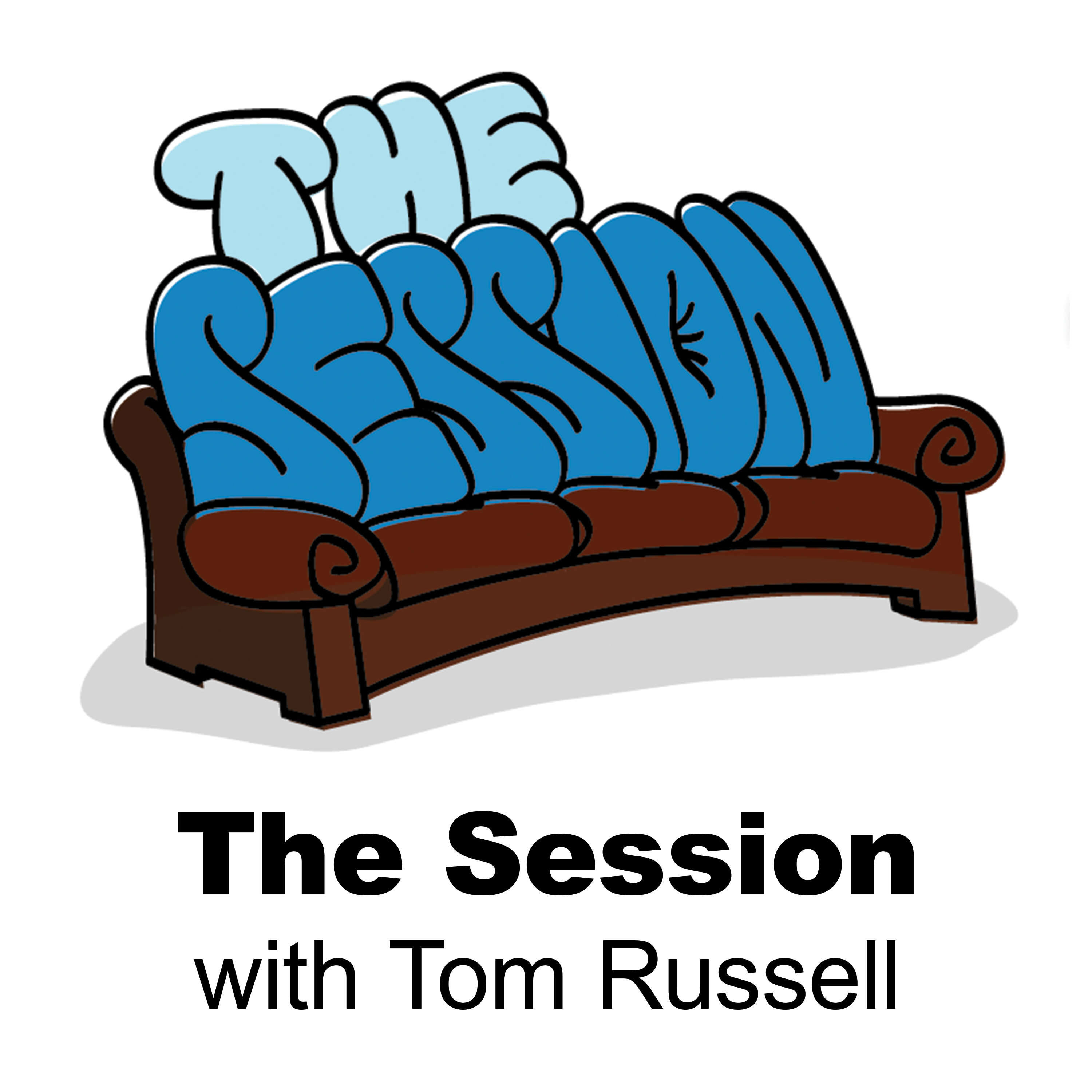- After-Shows
- Alternative
- Animals
- Animation
- Arts
- Astronomy
- Automotive
- Aviation
- Baseball
- Basketball
- Beauty
- Books
- Buddhism
- Business
- Careers
- Chemistry
- Christianity
- Climate
- Comedy
- Commentary
- Courses
- Crafts
- Cricket
- Cryptocurrency
- Culture
- Daily
- Design
- Documentary
- Drama
- Earth
- Education
- Entertainment
- Entrepreneurship
- Family
- Fantasy
- Fashion
- Fiction
- Film
- Fitness
- Food
- Football
- Games
- Garden
- Golf
- Government
- Health
- Hinduism
- History
- Hobbies
- Hockey
- Home
- How-To
- Improv
- Interviews
- Investing
- Islam
- Journals
- Judaism
- Kids
- Language
- Learning
- Leisure
- Life
- Management
- Manga
- Marketing
- Mathematics
- Medicine
- Mental
- Music
- Natural
- Nature
- News
- Non-Profit
- Nutrition
- Parenting
- Performing
- Personal
- Pets
- Philosophy
- Physics
- Places
- Politics
- Relationships
- Religion
- Reviews
- Role-Playing
- Rugby
- Running
- Science
- Self-Improvement
- Sexuality
- Soccer
- Social
- Society
- Spirituality
- Sports
- Stand-Up
- Stories
- Swimming
- TV
- Tabletop
- Technology
- Tennis
- Travel
- True Crime
- Episode-Games
- Visual
- Volleyball
- Weather
- Wilderness
- Wrestling
- Other
The Session: Parenting the Addicted Adult Child-1
We never know how long an episode of the Session will run. Sometimes, we dig deep enough into a topic that it requires more than 1 episode. That's the case with this topic. It's split right down the middle. We talk about the things TO do when parenting the adult child that's an adict. We'll cover the flip side in the next episode. You'll see notes for both episodes here. The Session: Parenting The Adult Addicted Child II Timothy 1:7For God gave us a spirit not of fear but of power and love and self-control."From Mountainside.com
What TO Do (BOLD lines are a point of emphasis from Tom)
1. Do set boundaries and invite open communication.
Recovering as a family will require speaking with your son or daughter about how their behavior is impacting everyone. If they are acting out at family gatherings or constantly borrowing money from people, this is a sign you need to set a boundary. Creating a boundary may seem challenging at first, but it will ultimately strengthen the relationship between you and your loved one, allowing both of you to start healing.2. Do address the behavior rather than the person.
Casting judgment on your addicted child will not mend your strained family dynamics, but it’s perfectly reasonable to point out how their actions are affecting you. This statement might look like, “When I see you stay out late at night, I’m worried for your safety.” Focusing on how you feel reduces the chances of confrontation because your emotions are not up for debate. When you are finished sharing your thoughts, remember to listen and try to understand your child’s perspective as well. 3. Do offer to look for support services with them.
Your adult son or daughter struggling with addiction will need emotional support in recovery, starting with yours. One way you can support them is to sit with them and research different treatment programs to see which options best suit their individual needs. Your child may benefit from a medical detox to cleanse their body of substances followed by a drug rehab program to address any underlying psychological issues.After completing rehab, sometimes your son or daughter may want further help and should seek out an outpatient program or coaching program to build upon their recovery foundation. At first glance, the wide range of addiction treatment options may seem overwhelming or even foreign to you, but addiction treatment centers can guide you in making the best decision. 4. Do ask your loved one how you can best support them.
As a parent of an addicted adult son or daughter, you should remind them that you have their best interests in mind and want them to live a long, fulfilling life. Then, ask them what they need from you and offer to help them accordingly (as long as their request is reasonable and will not jeopardize their recovery). Inviting them to offer their input conveys that you respect their boundaries and what they have to say, making them more likely to share their feelings with you in the future.Sometimes, it may be helpful for parents to be involved in the healing process, but they might not always understand how to best support the addicted adult. Your loved one’s support system should not only include family but also consist of outside individuals with similar experiences. You could suggest that your child join a recovery support group. These are safe environments where your loved one can meet peers whose lives have been impacted by addiction.5. Do invest in your own recovery.

